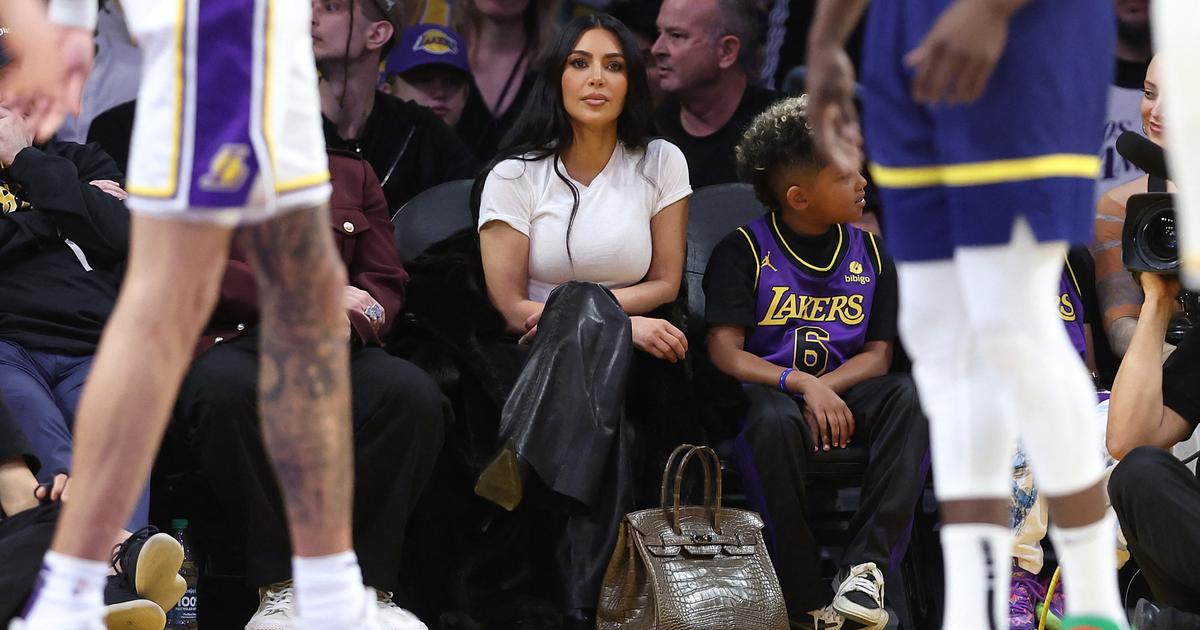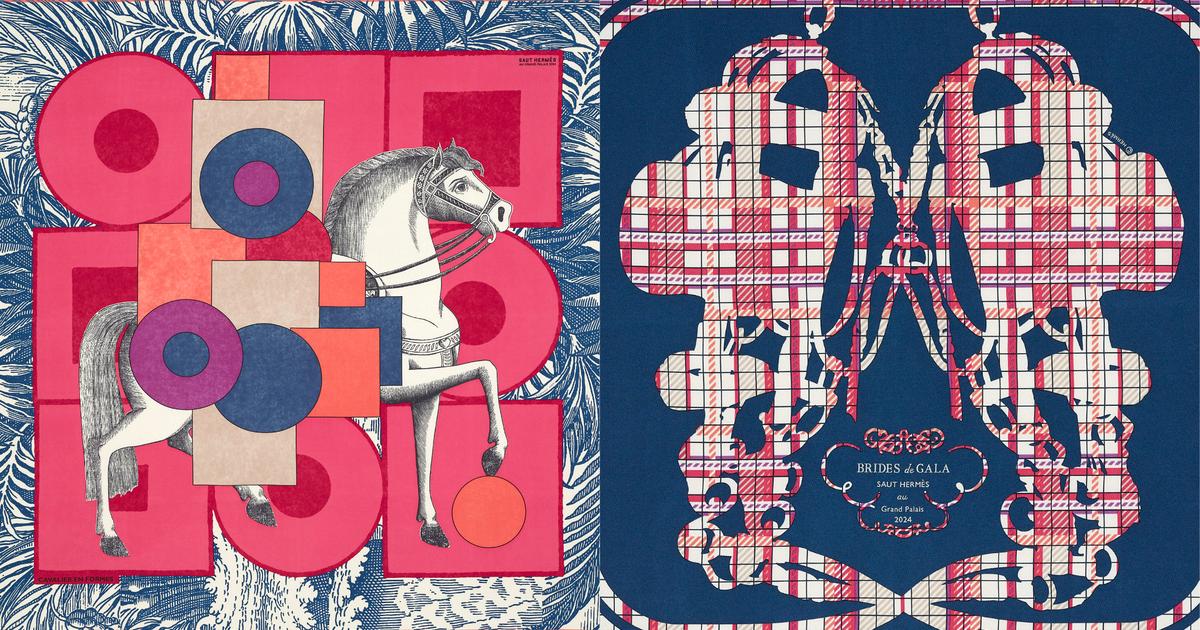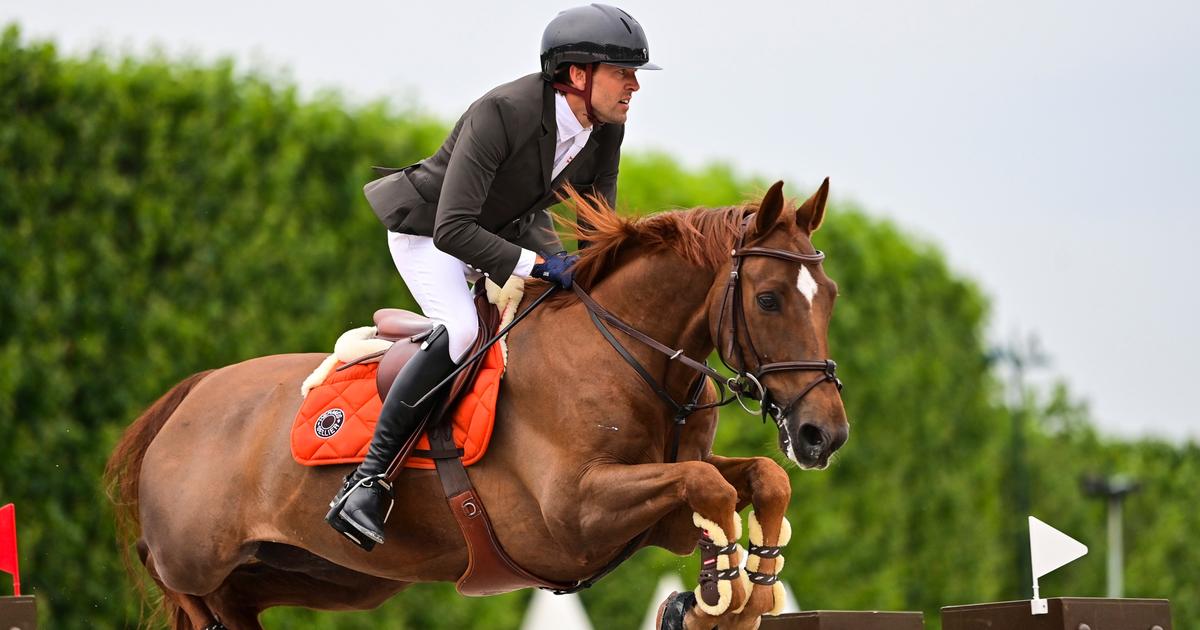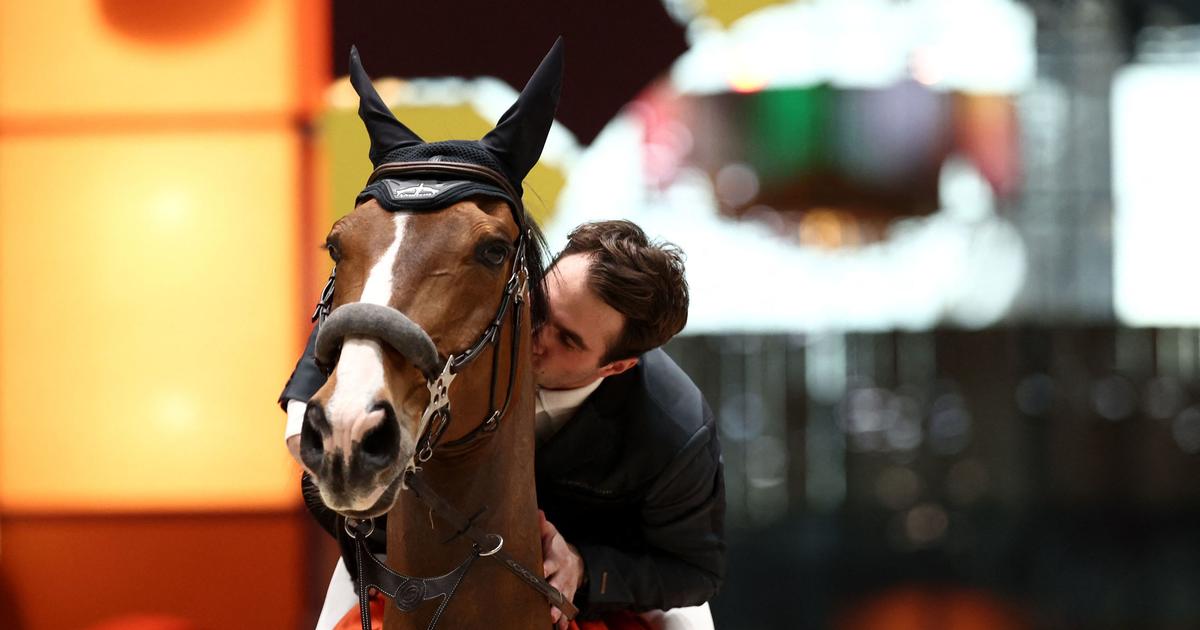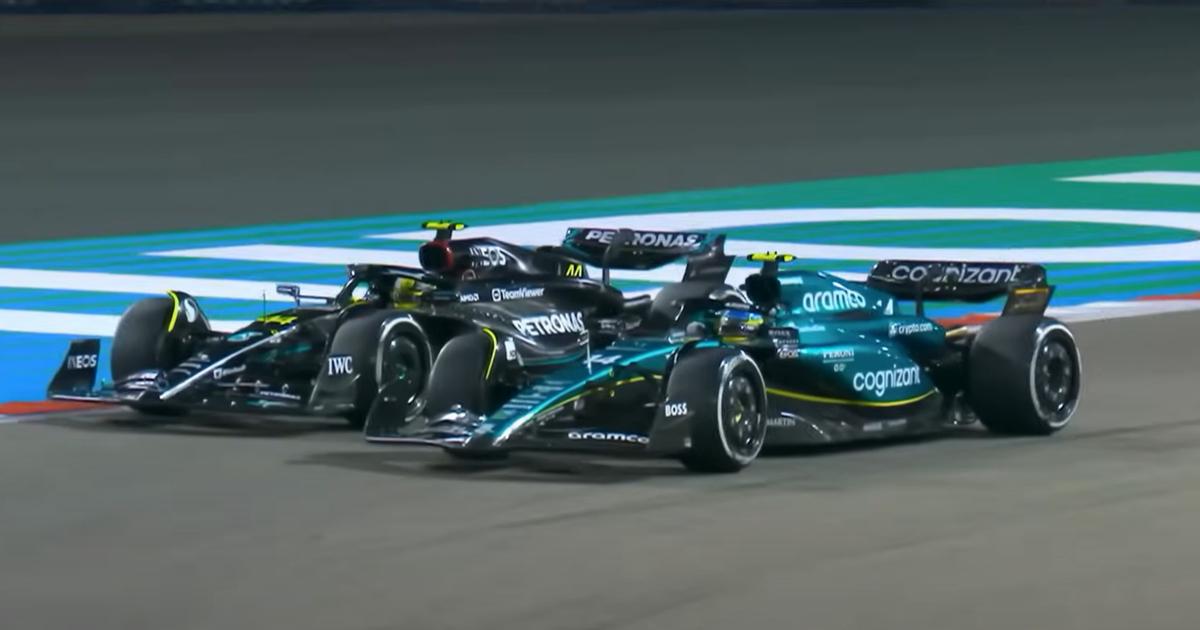Neither the war in Ukraine nor inflation have been able to with Hermès, the legendary French luxury house.
The year 2021 had already been "historic", but the data for 2022 have once again broken records, according to the CEO of the firm, Axel Dumas, in the presentation of the group's results on February 17.
The company's turnover increased by 23% and exceeded 11,000 million euros for the first time.
Net profit, for its part, improved by 38% and stood at 3,367 million.
China is a key market for the luxury sector and the strict zero covid policy imposed last year by the Beijing government has taken its toll on rivals such as LVMH or Kering.
However, the Hermès business did not suffer to the same extent from the restrictions in the Chinese giant.
"In 2022, Hermès had an exceptional year, in particular thanks to the good results of its international markets," said Dumas, belonging to the sixth generation of the family saga that owns the group.
As a consequence of this bonanza, the company will pay an extra bonus of 4,000 euros to its 19,700 employees around the world.
The group not only saw its sales increase, but also its profitability: the operating margin stood at 40.5%, more than one percentage point above that registered in 2021.
And the good streak does not seem to have ended.
The fashion house created in Paris in 1837 insists that it has started 2023 with optimism, despite the economic and geopolitical uncertainties that are going through the world.
The Russian invasion of Ukraine on February 24, 2022 triggered an unprecedented regime of sanctions against Moscow by Western countries and these affected an extensive list of high-end products, which includes not only jewelry and perfumes, but also articles of leather as travel bags.
Hermès was the first French luxury group to announce the temporary closure of its three stores in Russia and postponed the opening of a new store in Saint Petersburg.
It was followed by the Kering group —which manages brands such as Gucci, Saint Laurent and Bottega Veneta— and the LVMH conglomerate, which brings together numerous fashion, perfume, jewelry,
wines and spirits.
Although he did not offer data, Dumas stressed that the brand was affected by these closures, since the Russian market represented a source of growth in Europe.
The conflict in Ukraine also unleashed a wave of inflation and added to tensions that already existed in supply chains due to the pandemic.
But the luxury sector has managed to overcome these obstacles.
In this sense, a study by the consulting firm Bain & Company highlights that "the personal luxury goods market registered impressive growth in 2022, after the V-shaped rebound after the covid in 2021".
In the case of Hermès, activity showed strength both in the group's stores (sales increased by 23%) and in the wholesale business (26%).
In both cases, they benefited from the return of travelers after the pandemic impact.
Fourth-quarter data shows that the Paris-based luxury firm, according to Luca Solca, an analyst at Bernstein, “has overcome covid-related issues.”
From a geographical point of view, the area that the company calls "Americas" and which mainly includes its business in the United States, experienced a 40% increase in sales in the last quarter of the year, an improvement that was 32% if the entire fiscal year of 2022 is taken into account. The company even opened a new store last September on Madison Avenue in New York.
In Asia excluding Japan, sales grew 24.7% between October and December and 22% for the year.
Both geographical areas are the ones that weigh the most in the group's turnover, 18% and 48% respectively.
The results in Asia "are remarkable, taking into account the situation in China," Solca stresses.
From March to June, the authorities imposed a series of confinements in the main cities of the Asian giant, such as Shanghai or Shenzhen.
Hermès is present in these two cities, but has another 25 stores in the country.
"There were no effects on customer visits to our stores," said Dumas, referring to the covid restrictions.
The CEO took advantage of the presentation of the annual accounts to recall that, for two years, the business in China registered "double-digit growth", although he did not provide specific figures.
The uptick, he remarked, began with the reopening of Wuhan in 2022.
Fight with Arnault
Its resistance in China contrasts with the data offered by its rivals Kering and LVMH.
Although the former had a turnover of 20,351 million euros, its star brand, Gucci, saw its sales fall by 14% compared to 2021 in the fourth half.
LVMH, which billed 79,000 million euros, was also affected by the continuous confinements.
The luxury giant is one of the main competitors of Hermès, which in 2010 made a surprise discovery of how tycoon Bernard Arnault had amassed a 17% stake in Hermès.
Considered as a hostile attempt to acquire the brand, a part of the founding families formed the H51 family
holding
to protect the capital.
LVMH and Hermès also found themselves in court.
Hermès explains its success in China by its ability to adapt and by the development of the electronic commerce network.
The resumption of domestic tourism also favored sales.
In November, the group reopened and expanded its store at the Hong Kong airport.
But the
house
de moda emphasizes the development—in both China and the United States—of a “larger, younger, richer, and more dynamic middle class.”
These new customers, the company insists, don't necessarily buy the most expensive products.
The largest division continues to be leather goods, which represents 46% of sales.
But the segments that grew the most were watches (46%), clothing and accessories (36%) and a category that groups jewelry and household items (30%).
In the last year, Hermès shares have risen 18% and the company is already worth 183,000 million euros on the stock market.
At a time when the rise in interest rates is a threat, Hermès remains unchanged: it has no debt and retains a box of 9,200 million.
Now that is a luxury.
Follow all the information on
Economy
and
Business
on
and
, or in our
weekly newsletter
Subscribe to continue reading
Read without limits
Keep reading
I'm already a subscriber

/cloudfront-eu-central-1.images.arcpublishing.com/prisa/PCUCOCFZY5ATFGC7CQV6OPZBA4.jpg)
